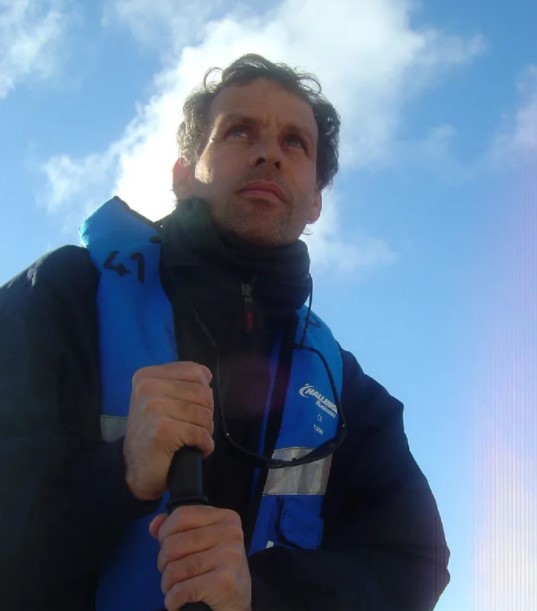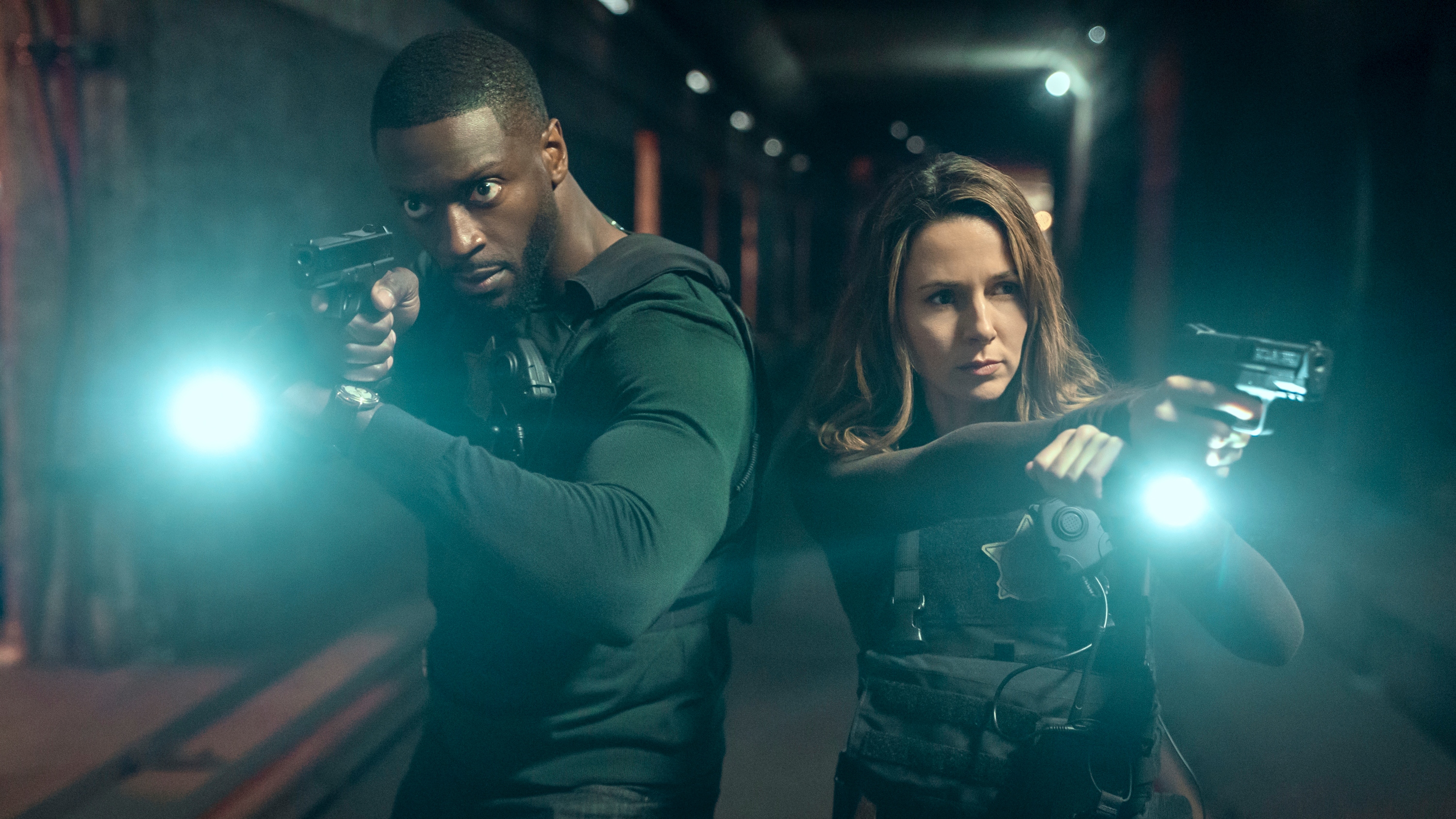Steve Jobs | Film review - Fassbender, Boyle & Sorkin's dazzling portrait of the Apple guru
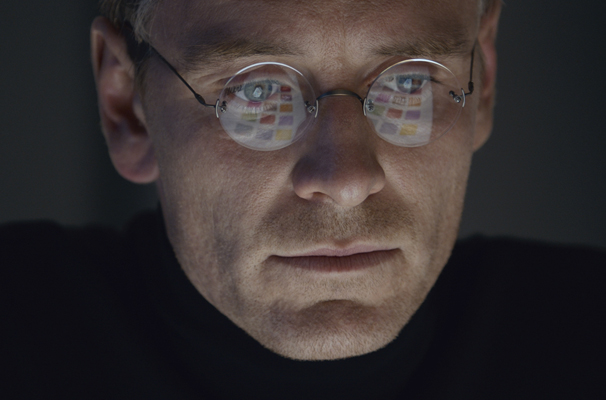
The latest updates, reviews and unmissable series to watch and more!
You are now subscribed
Your newsletter sign-up was successful
Want to add more newsletters?

ONCE A WEEK
What to Watch
Get all the latest TV news and movie reviews, streaming recommendations and exclusive interviews sent directly to your inbox each week in a newsletter put together by our experts just for you.

ONCE A WEEK
What to Watch Soapbox
Sign up to our new soap newsletter to get all the latest news, spoilers and gossip from the biggest US soaps sent straight to your inbox… so you never miss a moment of the drama!
Departing from the usual cradle-to-grave narrative arc of the typical Hollywood biopic, Aaron Sorkin and Danny Boyle’s exhilarating film about Apple guru Steve Jobs focuses on just three episodes from its subject’s rollercoaster career – the product launches of the Macintosh in 1984, the NeXT Cube in 1988 and the iMac in 1998.
The resulting movie Steve Jobs is no more the definitive portrait of Steve Jobs than Shakespeare’s Richard III is the last word on the medieval monarch – but it is dazzling drama.
Invoking Shakespeare’s charismatic tyrant isn’t entirely out of place when it comes to a portrayal of the notoriously autocratic Jobs and a theatrical comparison is also apt for the film. Sorkin has self-consciously structured his screenplay as three distinct acts, each a mini backstage drama in which Jobs wrangles with colleagues and friends and the occasional foe in the final forty minutes before he goes on stage to unveil a new product.
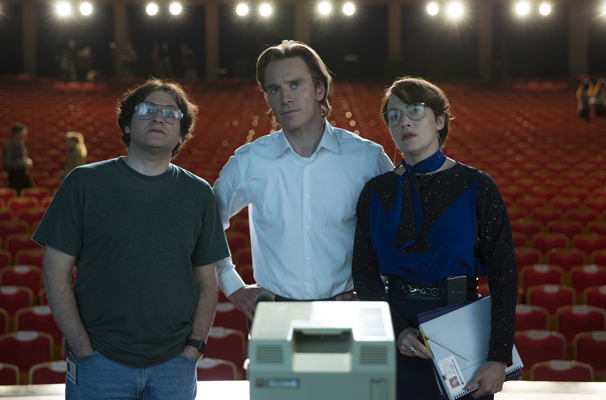
Act One is the high-stakes, seat-of-the-pants launch of Apple’s groundbreaking Macintosh computer in the Flint Auditorium at De Anza Community College in Cupertino in January 1984. With the minutes ticking away, a glitch has been discovered in the Macintosh but Jobs is inflexible: when he goes on stage the computer will say ‘hello’. Failure is not an option.
As Apple’s exasperated communications chief Joanna Hoffman (Kate Winslet) implores him to compromise, Jobs hectors programmer Andy Hertzfeld (Michael Stuhlbarg) while enjoying run-ins with Apple co-founder Steve Wozniak (Seth Rogen) and CEO John Scully (Jeff Daniels). Even more prickly is his encounter with his former partner Chrisann Brennan (Katherine Waterston) and his five-year-old daughter Lisa (Makenzie Moss), whose paternity he refuses to acknowledge.
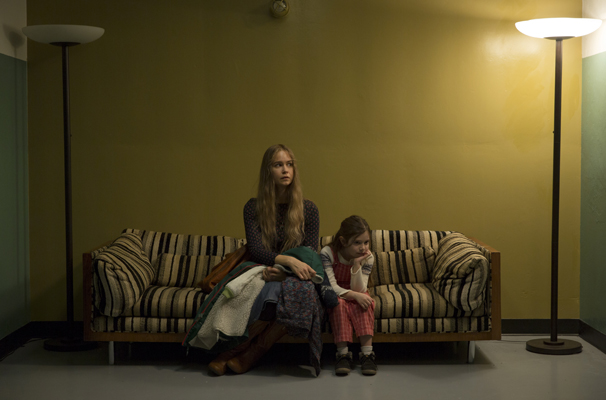
As you’d expect, these exchanges are full of the sharp-witted verbal sparring that’s been Sorkin’s trademark from The West Wing to The Social Network, but Boyle and his actors give all the walking and talking a bristling dynamism, while cinematographer Alwin Küchler and Steadicam operator Geoffrey Haley brilliantly keep pace.
The pattern is repeated for the following two acts – with face-offs for Jobs and the same set of key figures in the run up to 1988’s NeXT launch at the San Francisco Opera House, by which stage he has been ousted from Apple and is plotting his comeback, and before the 1998 iMac launch at the city’s Davies Symphony Hall when he is back in charge of the company.
The latest updates, reviews and unmissable series to watch and more!
The set-up is deliberately contrived and deliberately fictive – Jobs certainly didn’t experience these actual showdowns in the minutes before every product launch. Yet thanks to Sorkin and Boyle’s audacity and panache, and to Fassbender’s superb performance, the drama that unfolds is strikingly compelling.
And even if it falls far short of the full story, the film does give us a very good idea of Jobs’ personality, his control freakery, monomaniacal focus and arrogance, and his ability to inspire even when behaving appallingly to the people around him.

Certificate 15. Runtime 122 mins. Director Danny Boyle
http://www.youtube.com/watch?v=aEr6K1bwIVs
A film critic for over 25 years, Jason admits the job can occasionally be glamorous – sitting on a film festival jury in Portugal; hanging out with Baz Luhrmann at the Chateau Marmont; chatting with Sigourney Weaver about The Archers – but he mostly spends his time in darkened rooms watching films. He’s also written theatre and opera reviews, two guide books on Rome, and competed in a race for Yachting World, whose great wheeze it was to send a seasick film critic to write about his time on the ocean waves. But Jason is happiest on dry land with a classic screwball comedy or Hitchcock thriller.
